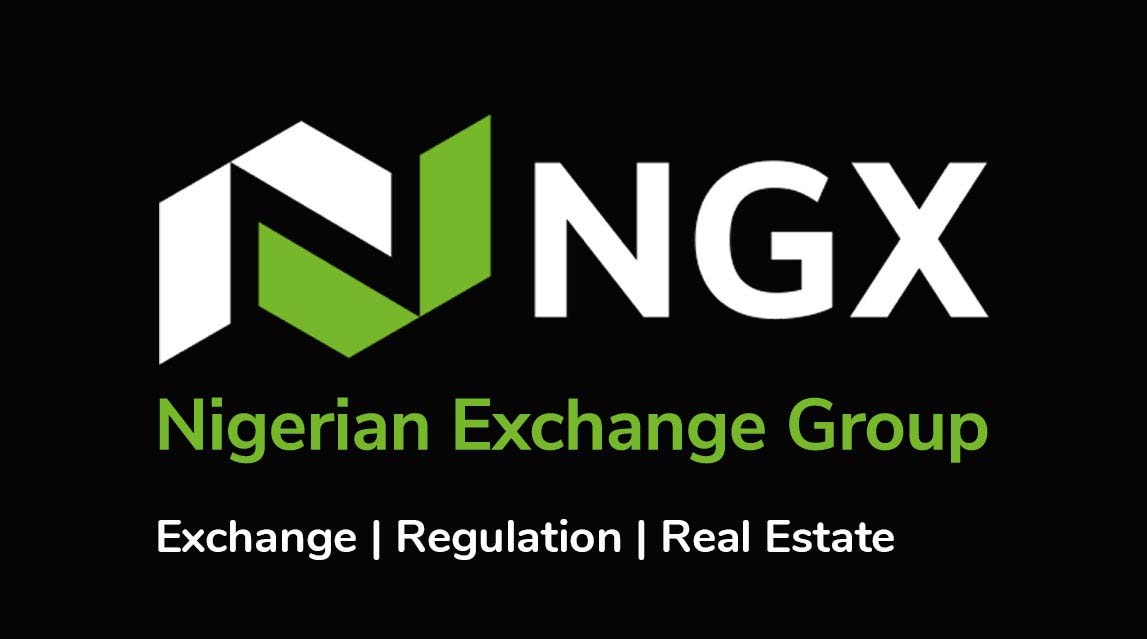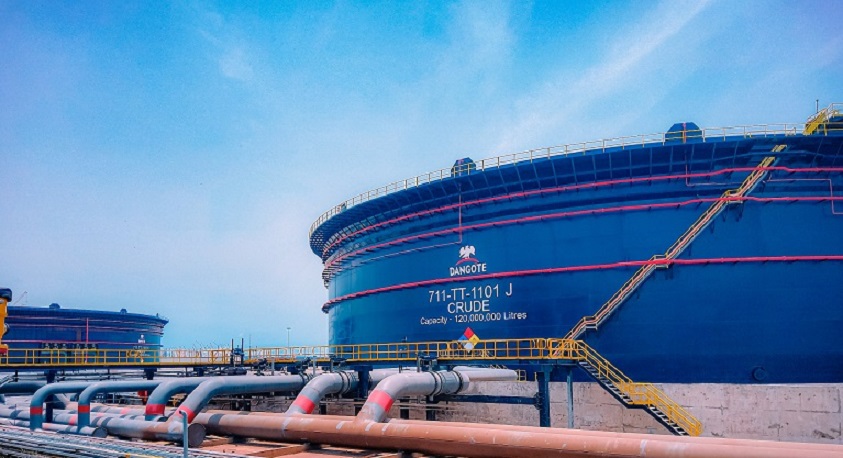Business
Comcast to buy Time Warner Cable for $45.2 billion

NEW YORK – Comcast Corp is buying Time Warner Cable Inc for $45.2 billion in an all-stock deal, combining the nation’s two largest cable operators, according to people familiar with the matter.
The friendly takeover comes as a surprise after months of public pursuit of Time Warner Cable by smaller rival Charter Communications Inc, and immediately raised questions as to whether it would pass regulatory scrutiny.
Comcast will pay $158.82 per share, which is roughly what Time Warner Cable demanded from Charter, and the deal will be announced on Thursday morning, the people said.
The combined company would divest 3 million subscribers, about a quarter of Time Warner’s 12 million customers, the people said. Together with Comcast’s 22 million video subscribers, the roughly 30 million total would represent just under 30 percent of the U.S. pay television video market.
The new cable giant would tower over its closest video competitor, DirecTV, which has about 20 million video customers.
If successful, the deal will be the second time in little more than a year that Comcast has helped reshape the U.S. media landscape after its $17 billion acquisition of NBC Universal was completed in 2013.
The proposed combination, which would give roughly 23 percent of the merged company to Time Warner Cable shareholders, is subject to regulatory approval and the two companies expect to close the deal by the end of the year, the people said.
The new partners are concentrated in different cities. Comcast would fill in its New Jersey and Connecticut portfolio with Time Warner Cable’s New York City customers, for instance, and add major markets such as Los Angeles and Dallas.
“Comcast and Time Warner Cable don’t compete and Comcast can easily divest a few million subscribers,” said BTIG analyst Rich Greenfield.
While the attempt to merge the two largest U.S. cable operators would face tough regulatory scrutiny, a divestiture of subscribers should help its case with regulators, he added.
It was not yet clear which markets Comcast would sell.
The companies expect to create $1.5 billion in operating savings, with 50 percent of those savings expected in the first year, the people said, asking not to be named because the matter is not yet public.
Representatives of Comcast and Time Warner Cable declined to comment. Representatives for the U.S. Federal Communications Commission and the Department of Justice could not be reached for comment.
The proposed deal will be accretive to Comcast, which plans to expand its stock buyback program to $10 billion at the close of the transaction, people familiar with the matter said.
Smaller cable operator Charter went hostile this week by nominating a slate of directors to replace the entire board of Time Warner Cable. Charter offered $132.50 per share in a cash and stock deal last month that was rejected as too low.
“Charter has always maintained that our greatest opportunity to create value for our shareholders is by executing our current business plan, and that we will continue to be disciplined in this and any other M & A activity we pursue,” Charter said after news of the Comcast deal broke.
Talks between Comcast and Time Warner Cable started about a year ago, but negotiations gathered pace in recent weeks, people familiar with the matter said. Time Warner Cable had told Comcast it considered Comcast to be its preferred buyer once Charter had approached them, the people said.
Officials at Charter did not respond to a request for comment.
Comcast had also been in talks with Charter about the possibility of carving up Time Warner Cable markets, but opted not to participate in a hostile situation, the people said.
Comcast is interested in advertising synergies by owning the New York City market as well as the opportunity to expand its business services unit, its fastest growing cable division, to a larger footprint.
“For Comcast, adding New York and Los Angeles has advertising potential, along with Time Warner Cable’s sports assets, which provides an acquisition target that is simply too compelling to ignore, especially with an (under-leveraged) balance sheet,” Greenfield said.
Time Warner Cable owns two regional sports networks in Los Angeles, where it has spent billions on local TV rights for LA Lakers basketball and LA Dodgers baseball.
The deal would be a coup for Time Warner Cable Chief Executive Rob Marcus, who just ascended to the top job on Jan 1. Filings show that the former mergers and acquisitions attorney is set to pocket $50 million if Time Warner Cable is sold and he is replaced while he is CEO.
– REUTERS
Business
NGX Records N364bn Gain In Bullish Market Performance

The Nigerian stock market ended Wednesday on a bullish note, recording a significant gain of N364 billion for investors, despite concerns over corporate governance as 30 companies were axed from the Nigerian Exchange Limited (NGX).
The market’s positive performance was largely driven by the release of full-year 2024 financial results, boosting investor confidence.
The market capitalisation, which opened at N64.156 trillion, increased by 0.57% to close at N64.520 trillion.
READ MORE: EFCC, NGX RegCo Strengthen Partnership On Market Integrity
Similarly, the All-Share Index (ASI) rose by 591 points, or 0.57%, to settle at 104,549.74 from the previous 103,958.75. This pushed the Year-To-Date (YTD) return to 1.58%.
Despite the market’s overall bullish sentiment, market breadth remained negative, with 38 losers outweighing 27 gainers.
Among the top gainers, Aradel Holdings led the chart with a 10% increase to close at N594, followed by Chellarams Plc (9.98%), Stanbic IBTC (9.92%), UPL (9.64%), and Daar Communications (9.09%).
On the flip side, McNichols and Caverton led the losers’ chart, both dropping 10% to close at N1.44 and N2.07 per share, respectively.
Other notable decliners included Thomas Wyatt (-9.8%), Veritas Kapital (-9.79%), and Consolidated Hallmark Plc (-9%).
Market activity remained robust, with the total value of traded stocks rising by 9.99%. Investors exchanged 421.62 million shares worth N15 billion across 16,256 deals, compared to 542.23 million shares valued at N13.636 billion in the previous session.
Universal Insurance dominated the volume chart with 33.6 million shares, while Aradel Holdings led in transaction value, recording N6.3 billion in trades.
Amid the market rally, the NGX took a decisive step in enhancing corporate governance by delisting 30 companies over compliance failures.
Business
EFCC, NGX RegCo Strengthen Partnership On Market Integrity

The NGX Regulation Limited (NGX RegCo), the independent regulation subsidiary of Nigerian Exchange Group (NGX), and the Economic and Financial Crimes Commission (EFCC) have called for enhanced partnership to enhance market surveillance and combat financial crimes in Nigeria’s increasingly digitalized capital market.
This strategic initiative was discussed during a high-level meeting between NGX RegCo’s Chief Executive Officer, Olufemi Shobanjo, and EFCC’s Executive Chairman, Ola Olukoyede, at the Commission’s Abuja headquarters on Tuesday, January 28, 2025.
During the meeting, Shobanjo highlighted the critical need to adapt regulatory frameworks to address sophisticated digital financial crimes emerging in today’s evolving market landscape. “The digitalization of our markets has brought new challenges, necessitating a more robust collaborative approach,” he stated. “While our 2013 MoU established initial cooperation parameters, the substantial market growth in 2024 demands an enhanced partnership framework. As a frontline regulator, we recognize the EFCC’s crucial role in providing enforcement support and specialized expertise to combat market abuse and protect investor interests.”
ALSO READ: Dangote Imports 12m Barrels Of Crude From United States
Shobanjo emphasized NGX RegCo’s dedication to maintaining market integrity and expressed confidence that reinforced collaboration with the EFCC would strengthen investor protection mechanisms.
Responding, Olukoyede commended the desire to strengthen the existing relationship between the two agencies and assured that the Commission was ready and willing to collaborate.
“I know you are also concerned with regulatory compliance because the issue of compliance is a key issue. It is part of our mandate to enforce compliance. Under my administration, we have strengthened our bond with different regulatory bodies. Let’s see how we can have a desk where we can work better and attend to you. I have a special interest in the capital market in respect of the abuse of assets and trades. We will try to review the MoU, make our observations in line with the relevant laws and regulations, and communicate our views to you. We pledge our commitment to this”, he said.
The strategic dialogue highlighted both organizations’ shared commitment to fostering a secure, transparent, and globally competitive Nigerian capital market that instils investor confidence and promotes sustainable economic growth.
Business
Dangote Imports 12m Barrels Of Crude From United States

In the bid to boost local refining of petroleum products, the Dangote Petroleum Refinery has placed orders for up to 12 million barrels of crude oil from the United States.
Biztellers gathered that the refinery resorted to crude importation because local supply challenges was threatening the new $20bn refinery’s push to reach full refining capacity.
Recall that the refinery plans to reach its 650,000 barrels per day capacity in June this year.
ALSO READ: FewChore Finance Backs Osun SDG Creatives With ₦500m
Reliable sources at the Dangote Refinery maintained that low local crude supply from the Nigerian National Petroleum Company Limited (NNPC Ltd) had become a challenge to this plan to ramp up daily production.
The 12 million barrels of crude were already on the way from the United States and expected to land in Nigeria next month, according to the African Report.
“About 12 million barrels of crude have departed the US and should arrive in Nigeria by February,” an insider source told The Africa Report.
Dangote Petroleum Refinery is said to be importing more crude oil as supply from the NNPC becomes insufficient for fuel production at the $20bn Lekki-based facility.
Officials at the plant said the facility has ramped up production to about 500,000 barrels per day, with the target of hitting the 650,000bpd mark by June this year.
The NNPC Ltd is reportedly struggling to supply 350,000bpd to the Dangote refinery from the 450,000bpd crude meant for Nigeria’s local consumption.
With its current production capacity of 500,000bpd, officials said there is a need to look beyond the shores of Nigeria for the feedstock.
Recall that in July 2024, President Tinubu ordered the NNPC Ltd to sell crude oil to local refineries in naira.
According to the crude oil production forecast of producing oil companies and the refining requirement of functional refineries in Nigeria signed by the Chief Executive of the Nigerian Upstream Petroleum Regulatory Commission, Gbenga Komolafe, the Dangote refinery would require 550,000 barrels of a blend of Nigerian crude oil daily, 17.05 million barrels monthly, and 99.55 million barrels between January and June 2025.
The Dangote Refinery is already building eight more tanks to store imported crude. The facility is planning to stockpile imported crude oil because local supplies have become unreliable.
Officials of the refinery were quoted as saying that low crude supply from the NNPC Ltd “is driving import dependence.”
The building of eight additional tanks will see crude storage capacity at the refinery jump by 41.67 per cent to 3.4 billion litres.
“Importing crude from other countries instead of buying locally means that our crude stockpiles will have to be higher,” the Vice President in charge of the oil and gas business at Dangote Industries, Devakumar Edwin, said.
In May 2024, the refinery reportedly issued a term tender for the purchase of two million barrels of West Texas Intermediate Midland crude monthly for 12 months starting in July last year, amounting to 24 million barrels of crude in one year.












